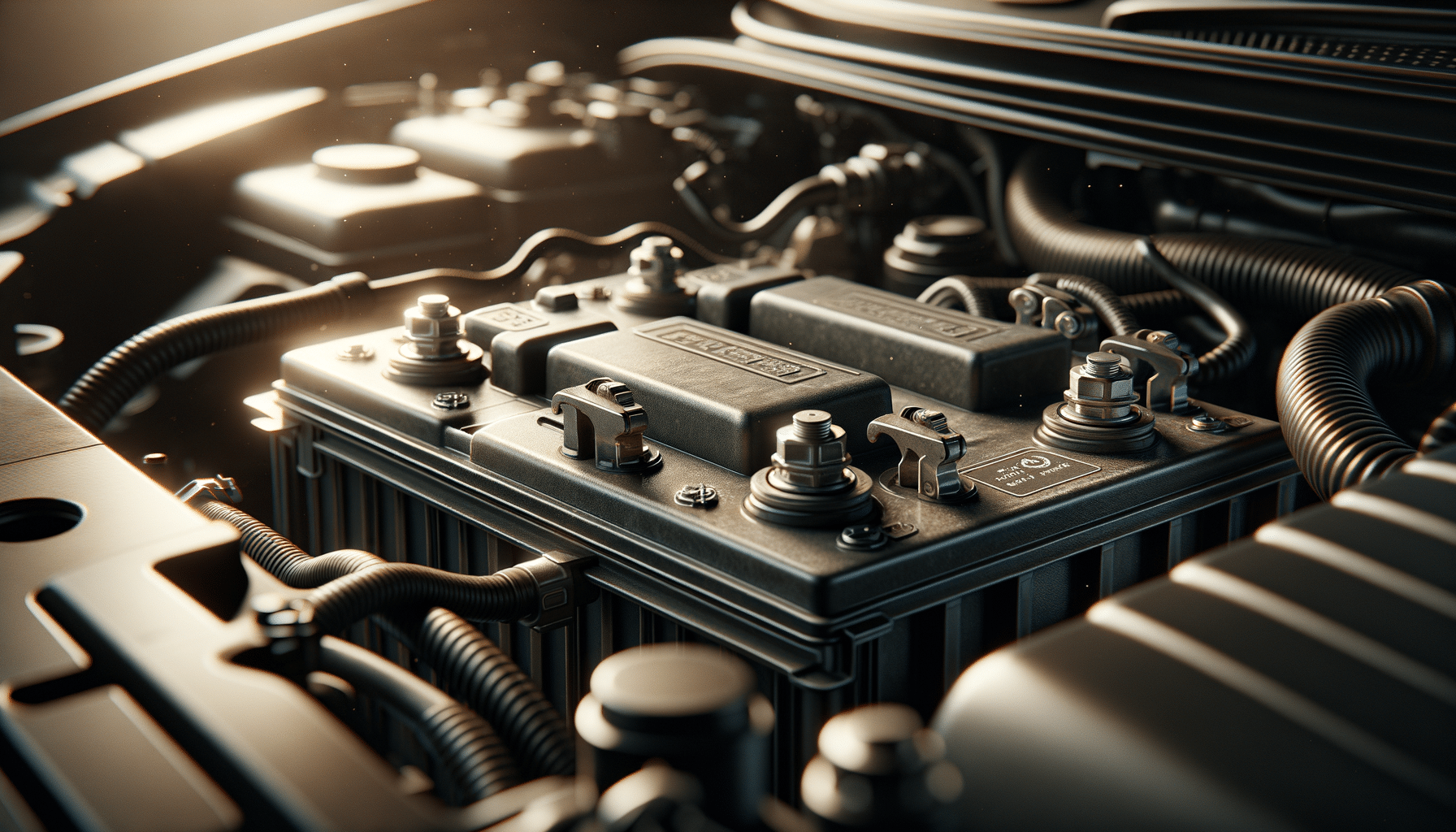
The Complete Guide to Choosing the Right Car Battery
Introduction
Car batteries are the heartbeat of any vehicle, providing the necessary power to start the engine and support various electrical components. Understanding your car battery, its potential problems, and proper maintenance can save you from unexpected breakdowns and extend the life of your vehicle. This guide aims to provide comprehensive insights into car batteries, highlighting common issues and maintenance tips to keep your car running smoothly.
Understanding Car Batteries
Car batteries are essential components that store and supply electrical energy to a vehicle. They typically consist of lead-acid cells that convert chemical energy into electrical energy. The standard car battery is a 12-volt battery, made up of six cells, each producing about 2 volts.
There are several types of car batteries available, each with unique features:
- Flooded Lead-Acid Batteries: These are the most common type, known for their affordability and reliability.
- Absorbent Glass Mat (AGM) Batteries: Known for their durability and ability to support high electrical demands.
- Lithium-Ion Batteries: Though less common in traditional vehicles, they are gaining popularity in electric and hybrid cars due to their lightweight and high energy density.
Choosing the right battery depends on various factors, including the vehicle’s make, model, and electrical requirements. It’s crucial to select a battery that matches your car’s specifications to ensure optimal performance.
Common Car Battery Problems
Car battery issues can be frustrating, especially if they leave you stranded. Some common problems include:
- Dead Battery: This is often caused by leaving lights on, a faulty alternator, or an old battery.
- Corroded Terminals: Corrosion can impede the flow of electricity, leading to starting issues.
- Battery Draining: This can result from electrical components being left on or parasitic drains from faulty wiring.
Recognizing these problems early can help prevent more significant issues. Regular checks for corrosion, ensuring all lights are off when the vehicle is parked, and periodic battery tests can mitigate these problems.
Car Battery Maintenance Tips
Proper maintenance of your car battery can significantly extend its lifespan and enhance performance. Here are some tips to keep your battery in top condition:
- Regular Inspection: Check for any signs of corrosion on the terminals and clean them using a mixture of baking soda and water.
- Ensure Secure Connections: Loose connections can lead to poor performance and starting issues. Ensure that the battery is securely mounted.
- Avoid Short Trips: Short trips don’t allow the battery enough time to recharge, leading to a gradual loss of power.
- Regular Testing: Get the battery tested periodically to ensure it holds a proper charge.
Following these maintenance tips can help avoid unexpected battery failures and ensure your vehicle operates efficiently.
Conclusion
Understanding and maintaining your car battery is crucial for the smooth operation of your vehicle. By being aware of common battery problems and adhering to proper maintenance practices, you can ensure a longer battery life and prevent inconvenient breakdowns. Investing time in regular checks and understanding the needs of your car’s battery can pay off significantly in terms of reliability and performance.


